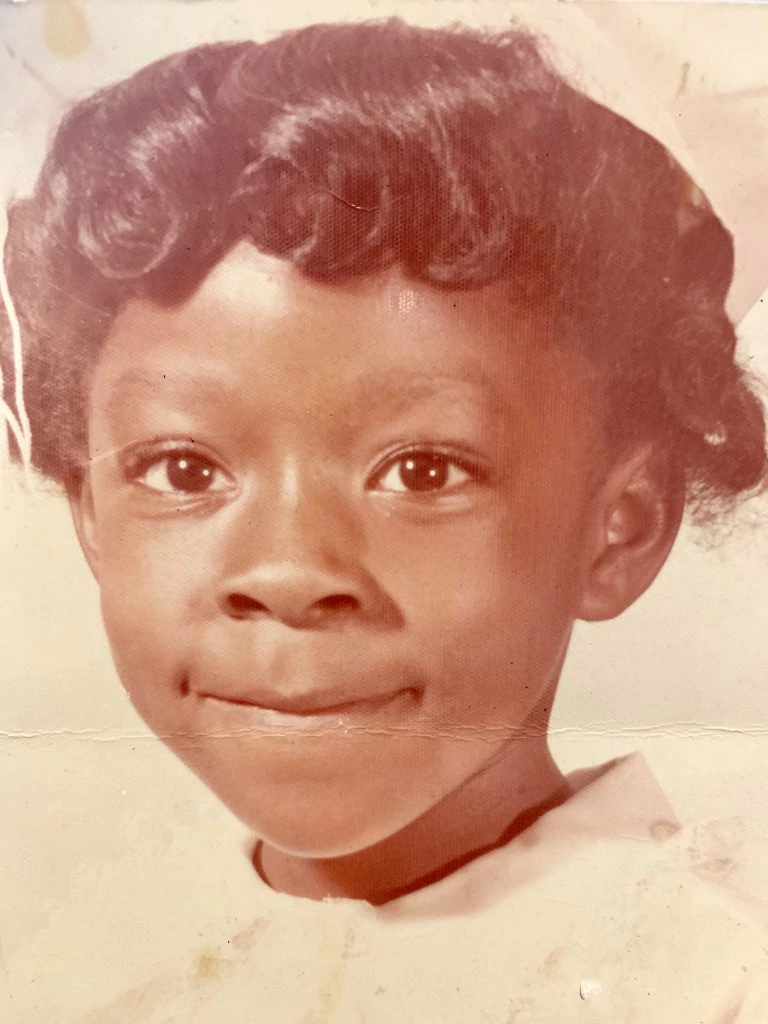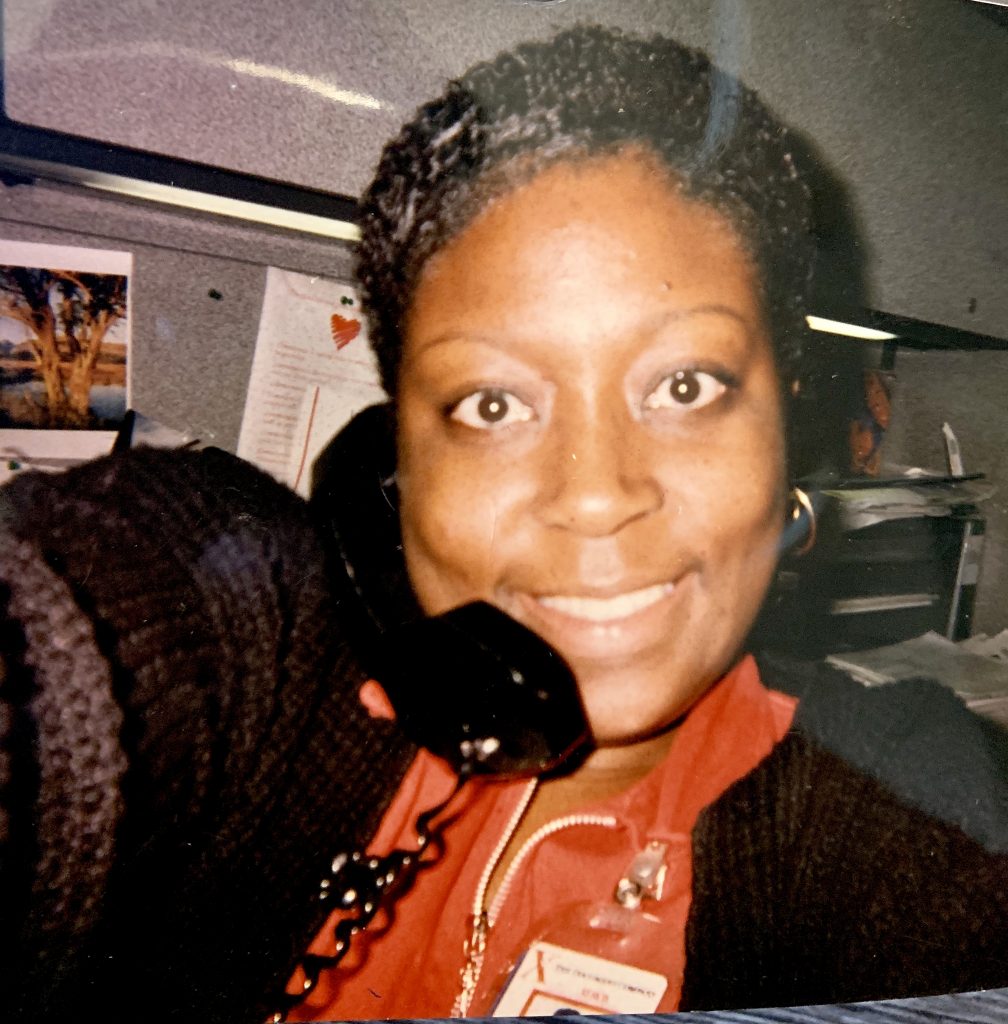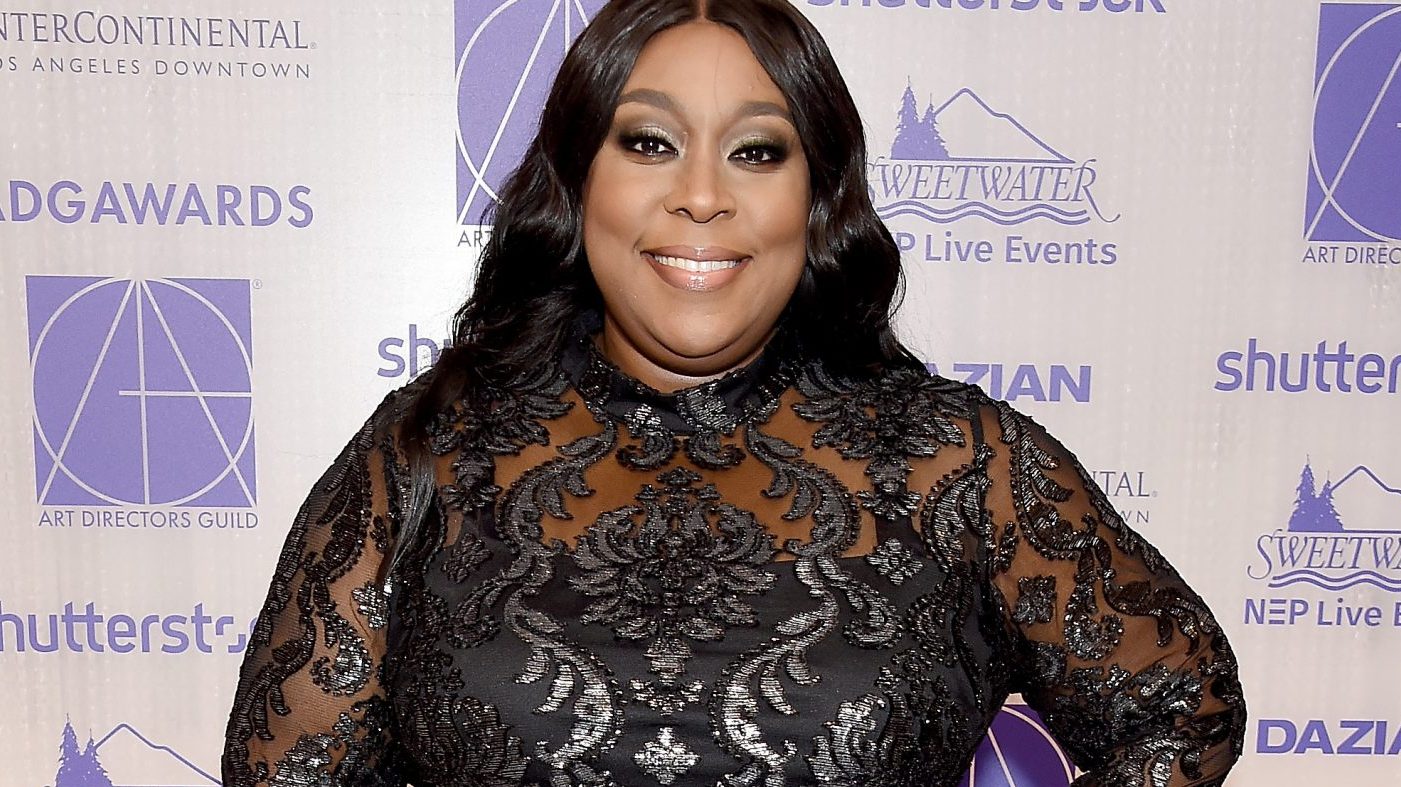[ad_1]
Comedienne, actress and TV host Loni Love brings her humorous personality and skills to The Real Daytime five days a week, however, life wasn’t always picture-perfect for the award-winning star.
Before Love became the powerhouse she is today, she endured a rough upbringing in the streets of Detroit and even explored different career paths. Love’s childhood growing up in the infamous Brewster Projects, where she often escaped violence, taught her valuable survival tactics.
READ MORE: Black female comedians are having a moment right now, but is it funny?
“I didn’t know anything in the projects except how to survive. Shootouts every night or there were drug wars,” Love reveals to theGrio‘s Managing Editor Gerren Keith Gaynor.
“I come from absolutely nothing.”

Thankfully, Love was able to make her way out of the East Detroit neighborhood, but comedy wasn’t the next path. Before entering her career in entertainment, Love explored engineering.
The STEM field was Love’s home although she shares that while on the job, she was not always at her best. Working as an engineer helped her to realize that a traditional career wasn’t something she wanted to do for the rest of her life.

“I was the worst engineer in America. I was so bad. I’m always a numbers person. It was like I was taking naps. I was cooking in my cubicle. I was doing all kinds of stuff,” Love says. “9 to 5 just wasn’t for me. I’m just not a traditional person”
Love currently adds her bright personality on The Real alongside Jeannie Mai, Tamera Mowry, Adrienne Bailon, and Amanda Seales.
The women bring various topics centerstage for open conversation. Love says she’s conscious of how she’s using the show and the influence that comes along with it.
READ MORE: Loni Love sends message to Tamar Braxton during The Real‘s 1,000th episode
“I find that it’s a blessing to be able to have a job like I have and have a platform that I have. So what I try to do is be responsible with it,” Love says.
As a host on The Real, she has shared her lessons on self-love as she navigates being vulnerable on television. Moments of transparency and emotional overload has led to Love being known as a “crybaby” — something she doesn’t mind. For Loni, opening up helps build a connection with her fans.
“I don’t care what people think about me now because I know my heart,” says Love, who shares more about her life in her upcoming memoir, “I Tried to Change So You Don’t Have To.”
“I was able to build fans that way. And it’s just so encouraging to be able to have a platform that women can come to and they feel like, you know what, I relate to what you say or I disagree with what you’re saying, but I can understand it. And we’re doing it in a respectful manner.”
[ad_2]
Source link

